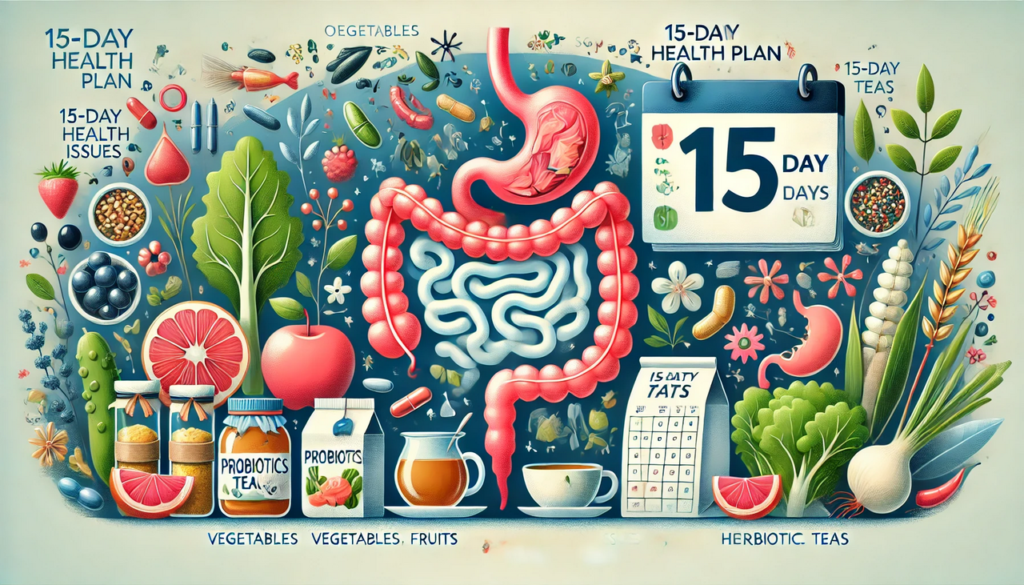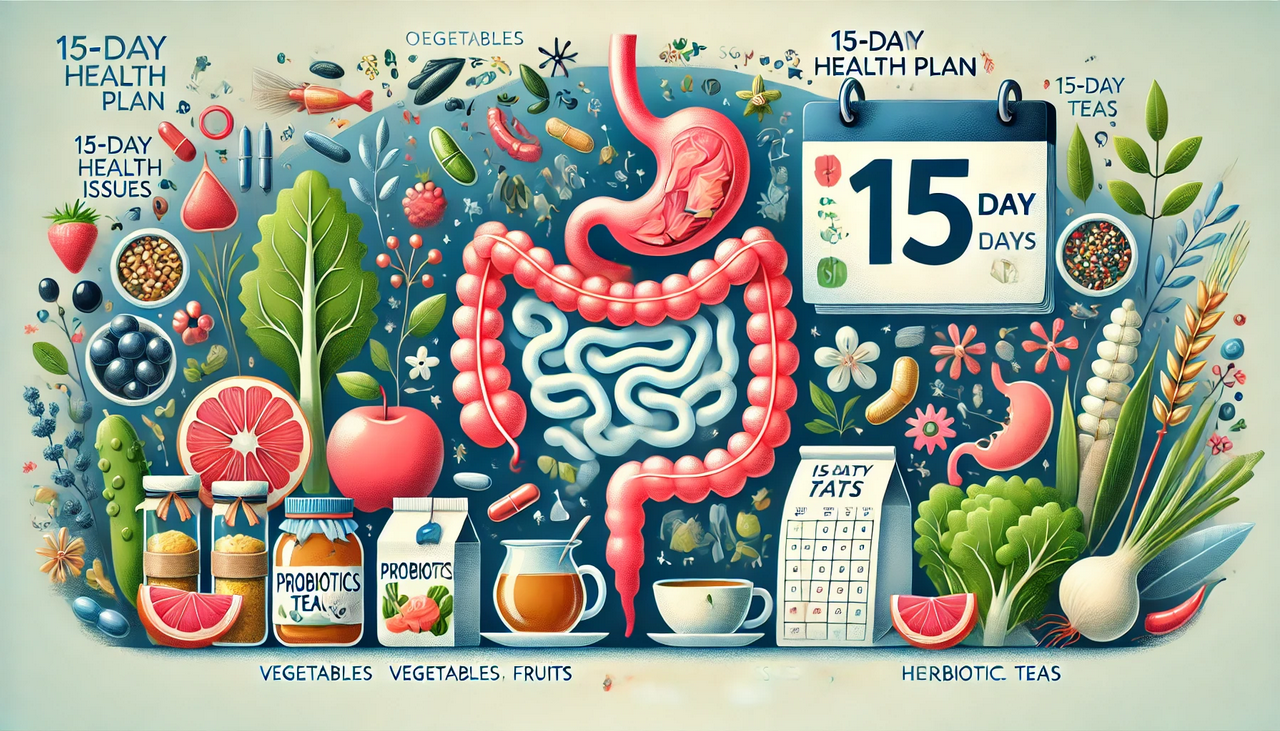Gastric issues are a common health problem experienced by people of all ages. These issues can range from mild discomfort to severe pain, often impacting daily life.
What are Gastric Issues?
Gastric issues refer to problems related to the stomach and digestive system. These may include conditions like acid reflux, gastritis, bloating, indigestion, and ulcers. While occasional digestive discomfort is normal, persistent or severe symptoms may indicate an underlying health issue.
Common Symptoms of Gastric Problems
- Abdominal pain or discomfort
- Bloating and a feeling of fullness
- Heartburn or acid reflux
- Nausea and vomiting
- Excessive burping or gas
- Loss of appetite
- Difficulty swallowing
- Blood in vomit or stool (in severe cases)
Causes of Gastric Issues
Gastric problems can arise due to various reasons, including:
- Poor dietary habits (spicy, fried, or fatty foods)
- Overeating or eating too quickly
- Excessive alcohol consumption
- Smoking
- Stress and anxiety
- Certain medications (like NSAIDs)
- Bacterial infections (like H. pylori)
- Food intolerances or allergies
- Underlying medical conditions like Crohn’s disease or IBS

Types of Gastric Issues
- Acid Reflux and GERD: A condition where stomach acid flows back into the esophagus, causing heartburn and irritation.
- Gastritis: Inflammation of the stomach lining, often due to infections or prolonged medication use.
- Peptic Ulcers: Open sores in the stomach lining caused by H. pylori bacteria or long-term NSAID use.
- Indigestion (Dyspepsia): A general term for discomfort or pain in the upper abdomen.
- Bloating and Gas: Caused by the build-up of gas in the digestive system due to dietary habits or digestive disorders.
Effective Treatments and Home Remedies
- Dietary Changes: Avoid trigger foods like caffeine, carbonated drinks, spicy foods, and fatty meals. Eat smaller portions more frequently.
- Hydration: Drink plenty of water to aid digestion. Warm water can soothe the digestive system.
- Herbal Remedies: Ginger tea, chamomile tea, and peppermint can help soothe the stomach and reduce inflammation.
- Medications: Over-the-counter antacids, proton pump inhibitors, and H2 blockers can provide relief. However, it’s crucial to consult a healthcare professional before taking any medication.
- Lifestyle Changes: Avoid lying down immediately after eating, maintain a healthy weight, manage stress, and engage in regular physical activity.
- Probiotics: Incorporate probiotic-rich foods like yogurt and fermented foods to maintain gut health.
- Avoid Smoking and Alcohol: These can irritate the stomach lining and worsen symptoms.
Prevention of Gastric Issues
- Follow a balanced diet rich in fiber, fruits, and vegetables.
- Chew food slowly and thoroughly.
- Avoid excessive caffeine and carbonated beverages.
- Reduce stress through meditation, yoga, or deep breathing techniques.
- Keep a food diary to identify and avoid trigger foods.
Can Gastric Issues Lead to Cancer?
Chronic, untreated gastric issues like severe gastritis, frequent acid reflux, or long-lasting ulcers can increase the risk of developing stomach cancer. Conditions caused by H. pylori infections or long-term inflammation may lead to changes in the stomach lining, potentially resulting in cancerous growths. If you experience persistent symptoms, it’s essential to seek medical advice for proper diagnosis and early treatment.
15-Day Plan to Overcome Gastric Issues
If you’re looking to reduce gastric issues in just 15 days, here’s a structured plan combining dietary adjustments, home remedies, and lifestyle changes:
Days 1-5: Detox and Reset
- Drink warm water with lemon each morning to detoxify.
- Avoid caffeine, alcohol, and carbonated drinks.
- Eat light, non-spicy meals – opt for boiled vegetables, rice, and lean proteins.
- Include ginger tea or chamomile tea twice a day to reduce inflammation.
- Take a probiotic supplement or include yogurt for gut health.
Days 6-10: Strengthening Digestion
- Gradually add high-fiber foods like oats, bananas, and whole grains.
- Chew food thoroughly and eat slowly to aid digestion.
- Avoid late-night meals and eating close to bedtime.
- Perform light exercises like walking or yoga to reduce stress.
- Stay hydrated with at least 2 liters of water daily.
Days 11-15: Maintenance and Prevention
- Reintroduce moderate amounts of trigger foods to identify sensitivities.
- Maintain a balanced diet rich in fruits, vegetables, and lean proteins.
- Keep a food diary to track any recurring symptoms.
- Continue stress-reducing practices like meditation or deep breathing.
- Limit processed foods, fried foods, and excessive spices.
Following this 15-day plan consistently can help reduce gastric issues significantly. However, if symptoms persist, it’s important to consult a healthcare professional.
Best Tablet for Gastric –
Himalaya Wellness Pure Herbs Yashtimadhu Gastric Wellness – Pack of 60 Tablet – Buy Now
Conclusion
Gastric issues can be managed effectively with a combination of lifestyle changes, dietary adjustments, and medical treatment when necessary. Understanding the triggers, symptoms, and prevention methods is the first step toward better digestive health. Take care of your stomach to enjoy a healthy, comfortable life.


